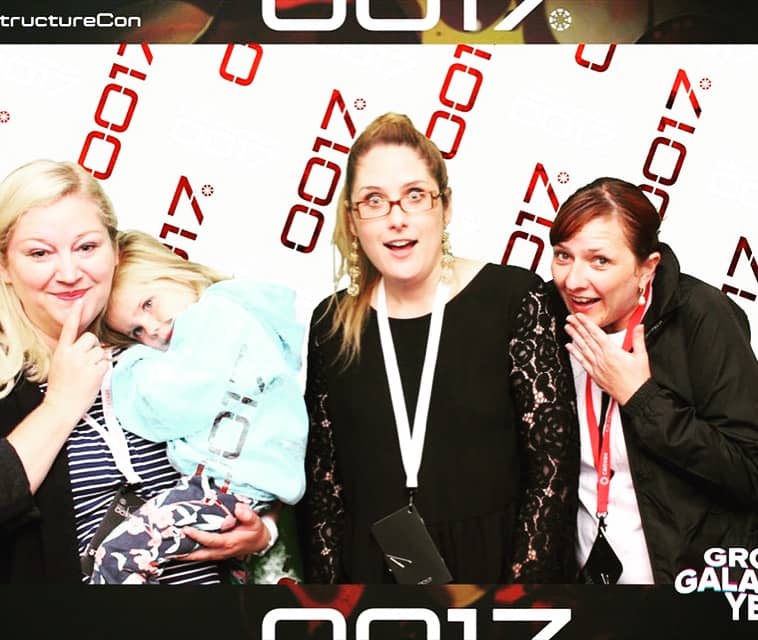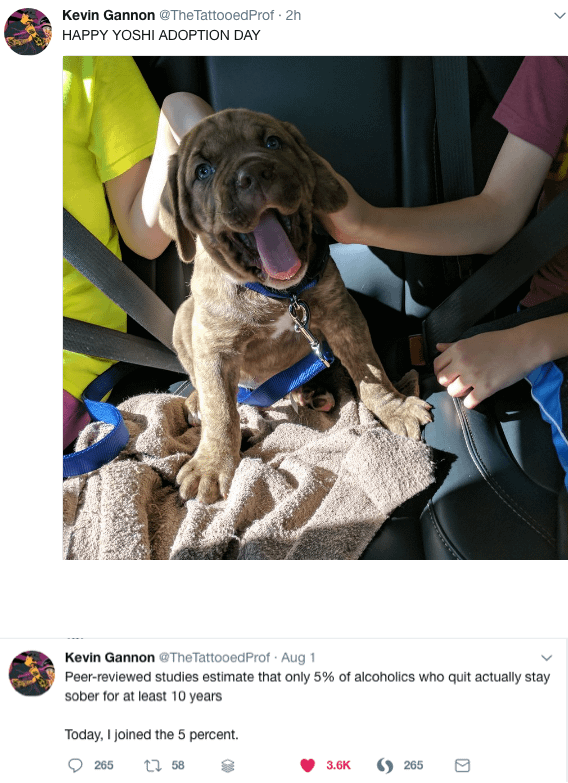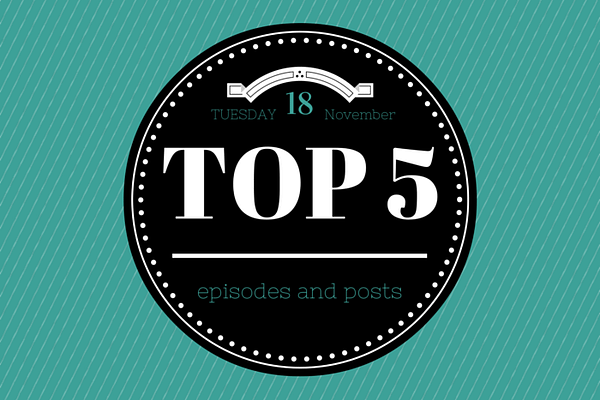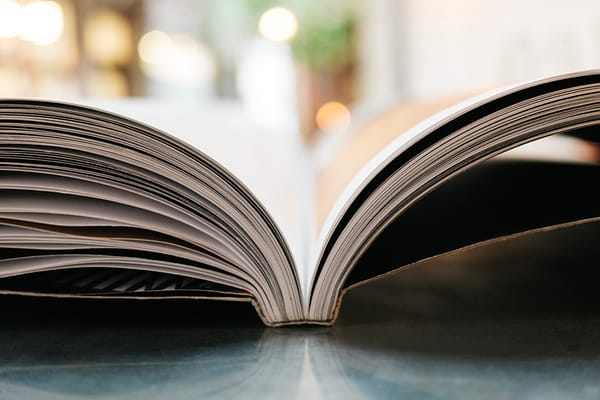
It’s been a few weeks since I blogged. That kind of a break hasn’t happened in years, but I’m happy to report that the podcast kept coming out each week during my blogging hiatus.
- Teresa Chahine shared about Teaching Social Entrepreneurship in Two Worlds on episode 161
- Kris Shaffer discussed What We Should Know About API’s on episode 162
- Stacy Jacob revealed how she uses Games in the Higher Ed Classroom on episode 163.
In this post, I’m going to share a few updates from these last few weeks. I’ll also provide you with what some of the past Teaching in Higher Ed guests have been up to in recent months.
My Updates
I incorporated the input from those who reviewed my book and sent it off to the series editor and my contact at the publisher for their feedback. I had no idea that this would be such an emotionally exhausting process. It felt good to reach that milestone and I’m excited to share more with you about the book as we collaborate on a rollout plan.
Our family traveled to Keystone Colorado, so I could attend InstructureCon (a conference that taught me a lot about our LMS, Canvas) and so our kids (and Dave, my husband) could have the time of their lives. Two colleagues also traveled with me. We are ready to share what we learned with our faculty colleagues and are completely jazzed with some of the improvements that have already been made to Canvas, or are on their way.

At the conference, Canvas released a stand-alone app for Teachers on iOS and Android. My favorite feature is that we can now grade using a stylus. This is going to make a big difference in my grading workflow and communication with students in the Fall. There's much more to share, but I'll hold off for more official communication channels at my institution.
What I'm Reading
I just dove into the book: No-Drama Discipline: The Whole-Brain Way to Calm the Chaos and Nurture Your Child’s Developing Mind. This is Dave’s (my husband’s) favorite parenting book and one he’s been nudging me to read for some time. Let’s just say our experience in Keystone with two very excited / wound-up / over-stimulated kids was enough to jump-start my reading when we got home.
I’m working on finishing Real Food / Fake Food: Why You Don’t Know What You’re Eating and What You Can Do About It. I’m only halfway through, but haven’t really felt much like I’m discovering practical ways I can avoid eating all the fake food I’ve discovered I’m consuming. Thus far, I’ve told Dave we can never buy parmesan cheese in a can, again, and that we need to use (or throw away) our olive oil within three weeks of opening it. I’ll never look at a bottle of extra virgin olive oil without great suspicion, considering how rare it is to actually receive what we think we’re buying when we purchase it.
I completed reading The Book of Joy: Lasting Happiness in a Changing World, a book comprised of interviews with Desmond Tutu and the Dalai Lama. From Goodreads: “Two great spiritual masters share their own hard-won wisdom about living with joy even in the face of adversity.” I highly recommend it.
A New Online Resource for Creating Videos
The Teaching in Higher Ed podcast has episodes that are featured on the newly-released Online Lecture Toolkit. From their website:
This project was developed to support the needs of educators who want to create effective online video content. The resources here are designed to make the application of evidence-based strategies accessible for educators and instructional designers at every level of technological fluency.”
Project Managers Judith Dutill and Melissa Wehler have done a tremendous job on the Online Lecture Toolkit and I hope you'll check it out.
Updates from Past Teaching in Higher Ed Guests
Now that I've shared some professional and personal updates, I thought I would pass on some of what former Teaching in Higher Ed podcast guests have been up to in recent months.
James Lang (episode 019, 092, and 146) completed his Chronicle of Higher Education series on The Distracted Classroom with a piece about Transparency, Autonomy, and Pedagogy.

Clint Smith III (episode 141) has started regularly participating in the news portion of Deray McKesson’s podcast: Pod Save the People. This podcast has quickly grown to be one I look forward to coming into my feed. I always move it up to the top of the list, enjoying their challenging takes on race, culture, social justice, and politics.
Sarah Rose Cavanagh (episode 135) wrote a piece for The Chronicle of Higher Education called All the Classroom's a Stage. I especially appreciate her emphasis on the vulnerability required to pursue teaching excellence.
Mike Caulfield (episode 138) has been encouraging us to develop our students’ (and our own) digital literacy by contributing to the Digital Polarization Initiative wiki.
Isabeau Iqbal (episode 131) curated journal articles on student peer assessment for a pilot project she is working on in collaboration with Dr. Amanda Bradley and Amy Ho in the faculty of medicine at UBC.
Robert Talbert’s (episode 110 and 120) book, Flipped Learning: A Guide for Higher Education Faculty, was released in the Kindle format.
Kevin Gannon (episode 112 and 152) adopted Yoshi, an adorable new pup. He also celebrated 10 years of sobriety and beat the odds.

Rebecca Hogue (episode 149) reveals how she has stopped sharing her crisis, despite a recent cancer scare.
Therese Huston (episode 077) had a piece published in the New York Times about how men’s hormones impact their ability to reason. She poses the question, “How might men’s heightened testosterone lead to overconfidence?” She mentioned somewhere that she didn’t compose the headline of the article – and she also includes some limitations of the research she analyzed.
I'm sure I missed some updates. It seems that no one in the Teaching in Higher Ed community rests throughout the entire summer the way fictitious faculty do in movies and such. Please let us know in the comments what you've been up to these summer months, or what you're reading.


